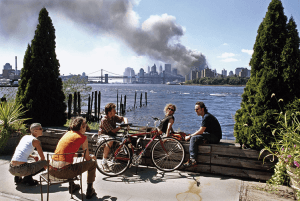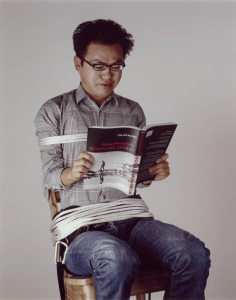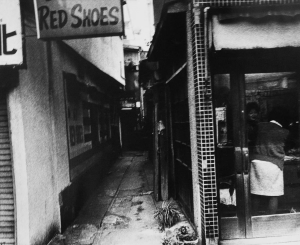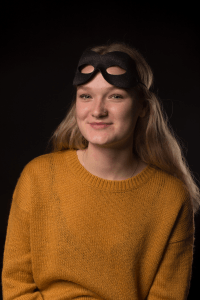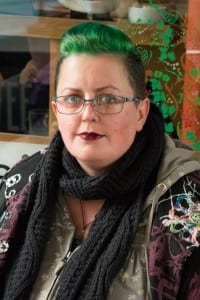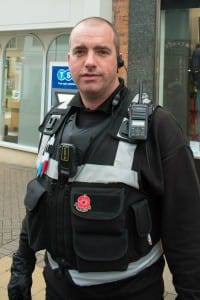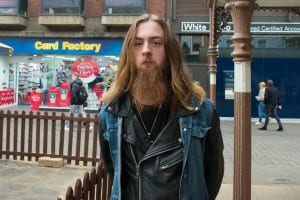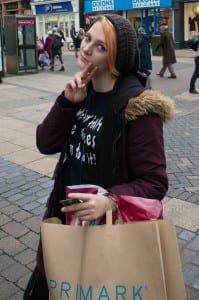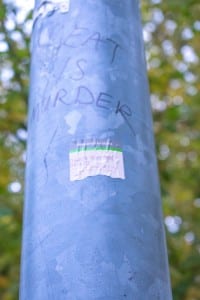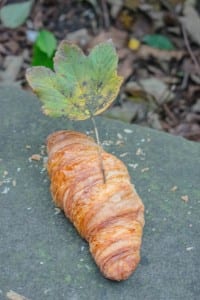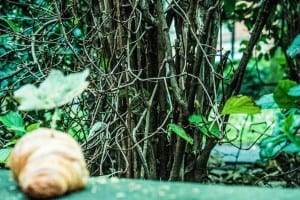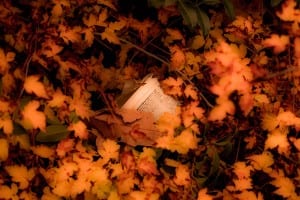For the research on conceptual photography, I visited two sites. One of which being part of the second seminar on photography that we did which was about understanding images, however I think it can relate to conceptual photography as well. In the seminar, we looked at the photo (photo 1) and discussed what we thought of the people in the photograph. The photo is meant to provide insight into how people feel about photographs depending on the different stories that are attached to them. For instance, this photo makes it seem like the people in the photograph are enjoying their time, unaffected by the tragic events unfolding behind them. However, once you know the story behind those people, you begin to understand that they are not numb to the events happening and are in fact discussing the events sombrely and seriously.
I feel that the idea that a story can change how we see an image relates heavily to conceptual photography.
The second photograph is from a site called tate.org.uk, and is from an article on conceptual photography. There is no listed writer for the article, however the article states that “Conceptual photography is photography that illustrates an idea”[2]. Building upon my earlier point, I feel like conceptual photography will allow me a lot of freedom of expression within this module so long as I can build a narrative around the images that I have produced.
Another photographer and work that drew my attention when researching photography was a photographer called Ishuichi Miyako and, in particular, her work titled “Yokosuka Story 1977″. “Taking up photography at the age of twenty-eight, Ishiuchi was mentored by, and then worked alongside, Shomei Tomatsu and Daido Moriyama. Like her contemporaries Ishiuchi was concerned with capturing social conditions in a country haunted by the memories of the Second World War. Her work offers a radical vision of post-Hiroshima Japan, focusing on the alienation and disaffection characterising urban life.” [4]. I feel like the work of Miyako could be said to hold the spirit of conceptual photography and the kind of idea I am trying to recreate with my photography.
[1. http://www.fototazo.com/2012/04/opinion-pantall-colberg-hoepker-and.html]
[2. http://www.tate.org.uk/art/art-terms/c/conceptual-photography]
[3. https://www.michaelhoppengallery.com/exhibitions/66/overview/#/image_standalone/729]
[4. http://www.tate.org.uk/whats-on/tate-modern/display/miyako-ishiuchi]
